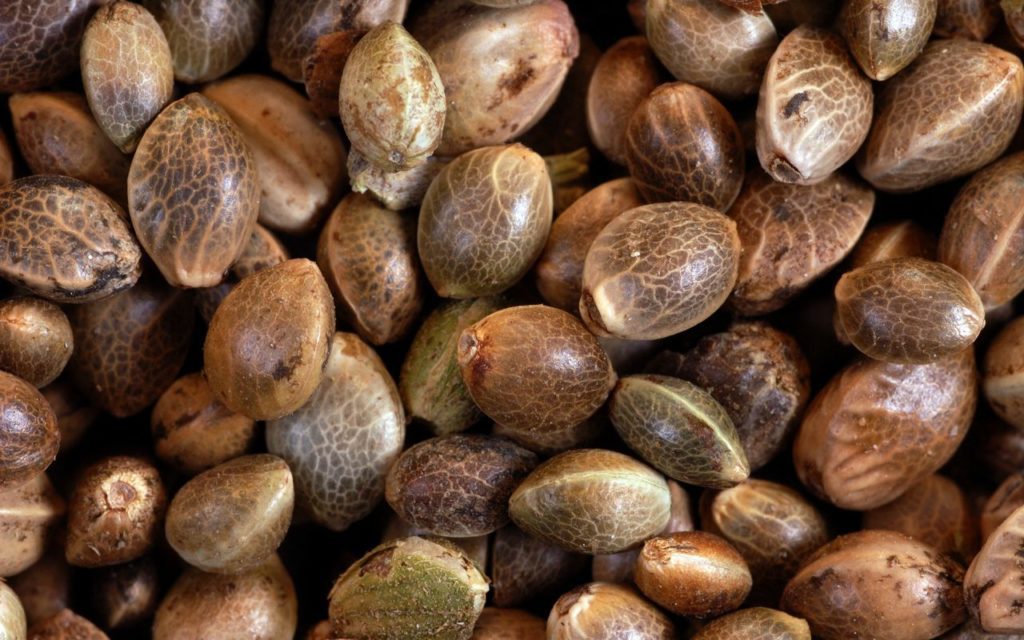In recent a long time, the conversation around sustainable farming methods has attained momentum, with an escalating concentration on environmentally friendly alternate options. 1 intriguing participant in this motion is the cannabis plant, exclusively its seeds. Cannabis seeds have emerged as a possible video game-changer in sustainable agriculture, giving a myriad of rewards that prolong over and above the realm of recreational and medicinal use.
The Eco-Welcoming Character of Hashish Seeds:
Hashish vegetation are known for their resilience and adaptability, creating them an perfect applicant for sustainable farming. The cultivation of cannabis seeds needs fewer pesticides and herbicides as opposed to several other crops, contributing to a reduction in environmental pollution. Additionally, hashish vegetation have deep root units that help protect against soil erosion, selling soil health and fitness and fertility.
Water Effectiveness:
Drinking water scarcity is a sizeable worry in agriculture, but hashish has confirmed to be a relatively h2o-efficient crop. Cannabis plants have a unique capacity to thrive in diverse climates, from arid areas to additional temperate zones, allowing for cultivation in spots wherever drinking water sources may well be limited. This adaptability makes hashish seeds a promising solution for farmers hunting to preserve h2o and lessen their environmental impact.
Biodiversity and Crop Rotation:
Sustainable farming techniques normally emphasize the significance of biodiversity and crop rotation to preserve soil health and fitness. Hashish matches perfectly into these concepts, as its cultivation can add to crop rotation cycles, protecting against the depletion of nutrition in the soil. Also, cannabis vegetation assist biodiversity by giving a habitat for various bugs, birds, and microorganisms that play crucial roles in ecological harmony.
Carbon Sequestration:
1 often-ignored aspect of cannabis cultivation is its likely to act as a carbon sink. useful source absorb carbon dioxide during photosynthesis, aiding mitigate the outcomes of climate transform. When developed on a massive scale, cannabis has the capability to sequester substantial amounts of carbon, generating it a useful ally in the battle against world wide warming.
Hemp: A Functional and Sustainable Crop:
In the hashish household, hemp stands out as a significantly flexible and sustainable crop. Hemp fibers can be used to generate a wide array of eco-friendly goods, together with textiles, paper, and biodegradable plastics. Hemp seeds, wealthy in protein and important fatty acids, are a nutritious addition to human and animal diet plans, offering a sustainable alternative to traditional crops.
Financial Benefits for Farmers:
In addition to its environmental rewards, cultivating hashish seeds can present economic positive aspects for farmers. The growing demand for hemp-derived goods, these as CBD oil and hemp-dependent textiles, opens up new earnings streams. As much more international locations legalize and control cannabis cultivation, farmers have the chance to diversify their crops and tap into a burgeoning current market.
Problems and Considerations:
Whilst the likely added benefits of hashish seeds in sustainable farming are promising, there are troubles and concerns that are unable to be overlooked. Regulatory frameworks, different legal statuses, and the stigma connected with hashish cultivation can pose hurdles for farmers. Even so, as attitudes in direction of hashish proceed to evolve globally, it is critical to address these challenges to unlock the entire likely of cannabis in sustainable agriculture.
Summary:
Hashish seeds have the probable to revolutionize sustainable farming practices by supplying a crop that is resilient, h2o-effective, and environmentally helpful. As the earth grapples with the urgent need to have for sustainable remedies in agriculture, checking out the options of hashish cultivation turns into ever more vital. By embracing the ecological rewards of hashish seeds, farmers can contribute to a greener foreseeable future whilst reaping economic benefits. It can be time to figure out cannabis not just for its leisure and medicinal benefit but also for its position in cultivating a more sustainable and resilient agricultural landscape.
